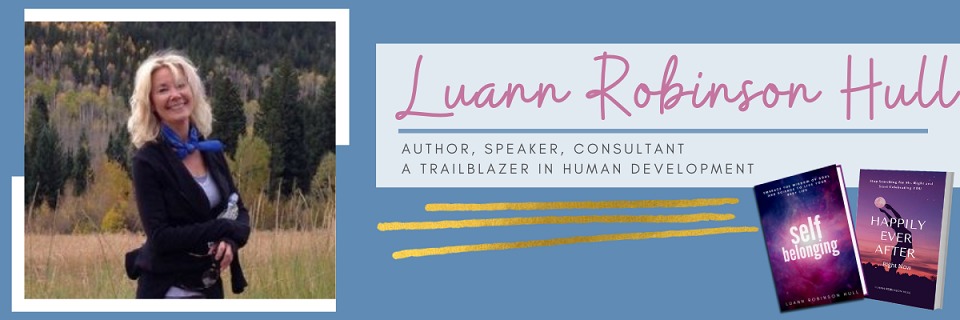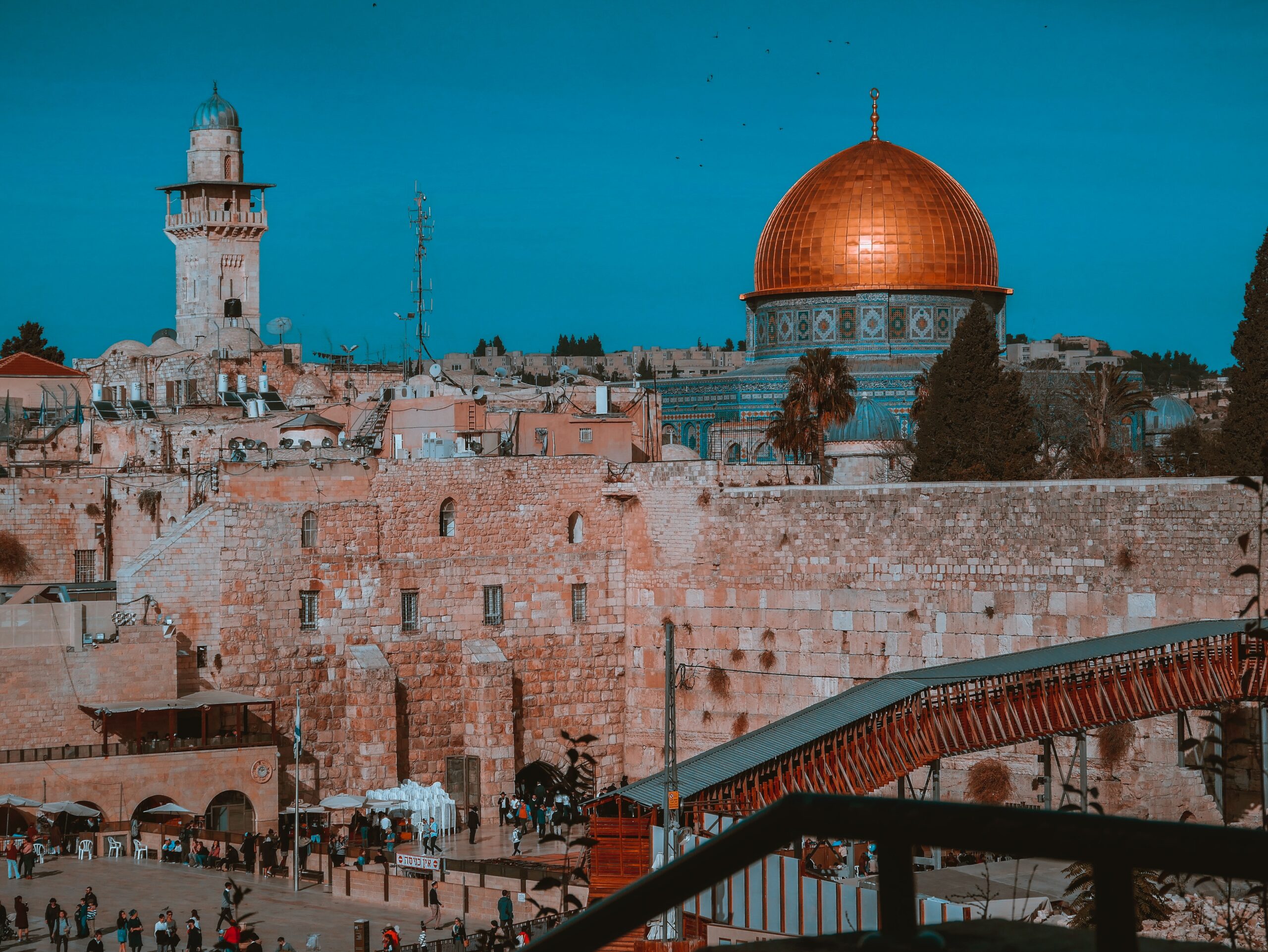Fruit Boy
“I love my lot to the very core and rind.”—Henry David Thoreau
My dear friends and family,
At the risk of sounding sanctimonious and self-righteous, I want to share a recent realization. A few weeks ago, I had a bit of a health scare that resolved favorably. While experiencing some unknowns previous to hearing the good news, I did my best to practice what I preach regarding surrender, faith, trust, gratitude, and such. While doing so, this was my epiphany: “The only thing that matters is love. Love, love, love. That is all, that is it. None of us is going to get out of here alive, it’s just a matter of when our time is up. Therefore, if my time is coming to an end what shall I prioritize, now?” I kept coming up with the same answer. Love.
The late Christian mystic, Emmet Fox, discusses the controversial topic of re-incarnation, particularly among Christians, in his remarkable book Power Through Constructive Thinking, which I highly recommend. Fox postulates that our current life-time is one of many, and that we choose our circumstances specifically to contribute to our spiritual evolution—right down to the most minute of details. If you happen to resonate with such a theory like I, you can consider Henry David Thoreau’s sentiment stated above when he lay dying of Tuberculosis in his early forties look: “I love my lot to the very core and rind.” What was it that inspired such a positive attitude amidst the discomfort of a life-threatening disease? Did he believe that every person, place, situation, and experience had been masterfully designed to contribute to his growth, regardless of the circumstance?
When we find ourselves plunkered right in the middle of distress, how can we use the opportunity to recognize the instruction? And if Fox’s re-incarnation theory is correct, don’t we have to take responsibility for ourselves and our choices, no matter what? Can’t we recognize any trigger, or joy-filled moment, as an opportunity to step back, take a beat and ask, “What would love do?”
As for others in our orbits and their behavior, I state in my most recent book, Self Belonging: “People are just doing what they do.” Knowing that, do we have to take anything personally? Whether we interpret someone else’s behavior as good, bad, or indifferent, how can we learn to embrace the “good,” let go of the “bad,” and avoid disappointment when experiencing any lack of acknowledgement or appreciation?
“In my defenselessness my safety lies.”—The Course in Miracles
Yes, I recognize that to ask, “What would love do?” during a situation in which you may feel offended, disrespected, or even betrayed may seem self-deprecating. Shouldn’t you fight back? Shouldn’t you let them know how wrong they are? Shouldn’t you blast them with the blame they deserve? Albert Einstein had a brilliant answer to such ponderings: “We cannot resolve a problem by the same thinking that was used to create it.” The late, celebrated, psychiatrist, Carl Jung contributes, “All the greatest and most important problems of life are fundamentally insoluble…. They can never be solved, but only outgrown. This outgrowing proved on further investigation to require a new level of consciousness….” What does it take to expand into that “new level of consciousness” when experiencing one of those insoluble problems? Love?
Following the encouraging news about my health, I was invited to participate in an adventure with my son and his family, which included traveling to Morocco. Just after arriving while making our way to the hotel, we saw a young boy peddling a platter of fruit. He looked to be about my granddaughter’s age of 7. While our vehicle was moving too quickly for him to approach, I caught him flashing a smile, which was revealing. It appeared that his boy was not feeling victimized by his circumstances, rather he was embracing his “lot to the very core and rind.” He was simply doing what needed to be done to help his family with what seemed to be a sense of acceptance and duty.
And while in the process, I presume without knowing, he was experiencing the exact conditions needed to accelerate his spiritual growth. Therefore, I did not need to feel pity for this child, but rather I could simply have compassion for him while offering a little prayer. After that I pondered Thoreau’s statement. Had this boy chosen his “lot to the very core and rind” to help him move into a higher level of consciousness? The answer to these queries being, “Yes,” was the only explanation I could come up with that would resolve my curiosity on why I was riding in a vehicle with my precious grandkids safely tucked close to their parents and me, while he was on the streets of Africa.
Yesterday was election day, which serves as a reminder of the divisiveness we are currently experiencing in our world. At the moment, the results are “too close to call” in both the House and the Senate, regarding which party will have “control.” The chance to travel to Morocco and witness “Fruit Boy” in action, gave me an unprecedented opportunity for gratitude that it is “my own lot” to be a United States Citizen and have the chance to vote. I want never to take that privilege for granted. While Morocco is a constitutional monarchy, given the choice on where to be planted in this world, I would most definitely rather live in America than anywhere else. Pondering my good fortune as I settle back into being home, I find myself frequently thinking about that boy in Morocco, “his lot” and what he taught me about fulfilling my purpose. He most definitely helped me to more readily “love my own lot,” as I support my brothers and sisters on this planet to do the same—no matter who they voted for, or what they believe. We are all “just doing what we do,” and thinking what we think.
As consciousness researcher, David Wilcock, states in his most recent book, Awakening in the Dream, “It is absurdly simple. Just be nice.”
Life is a blink. Love is all that matters.
Loving you…
Luann
November 9, 2022

